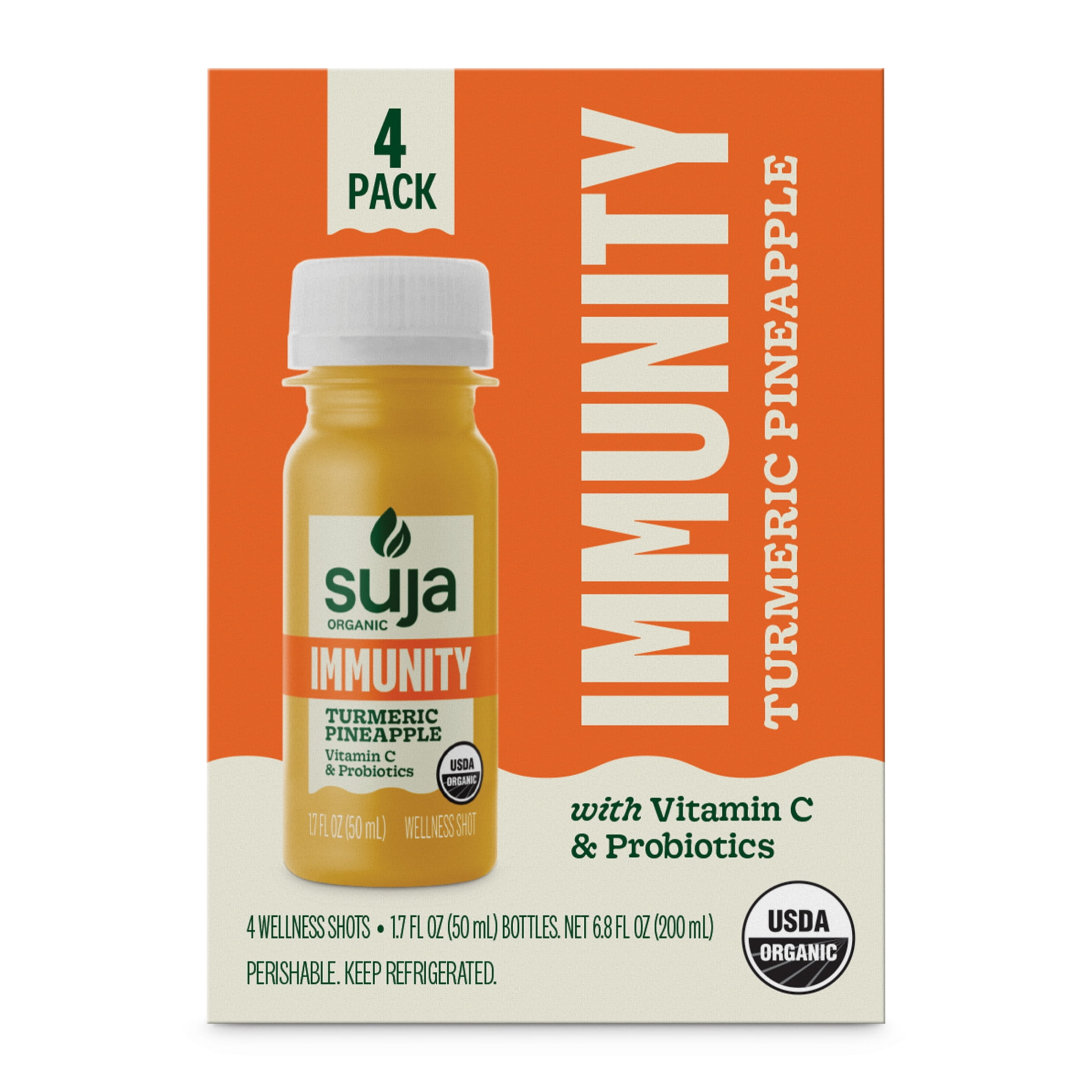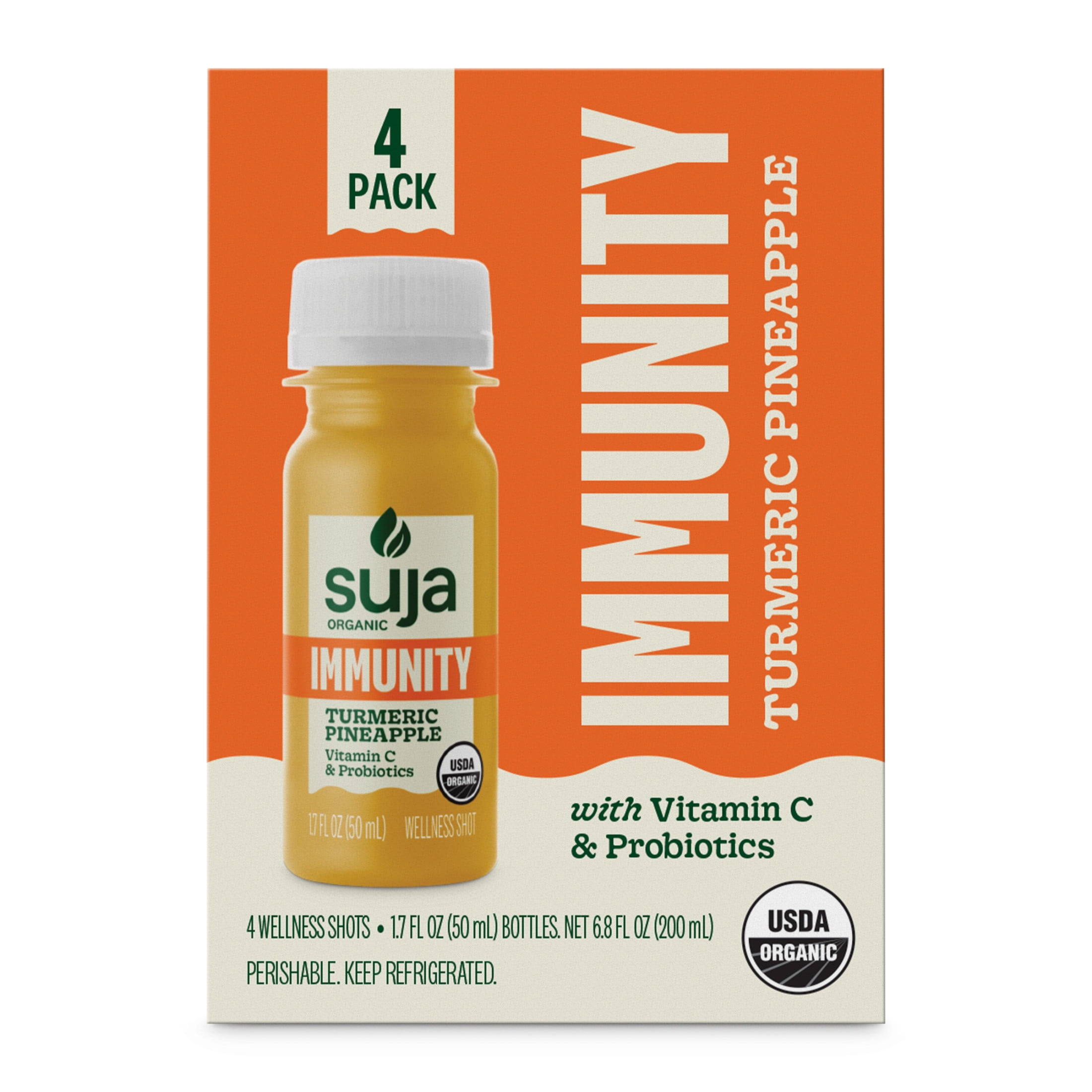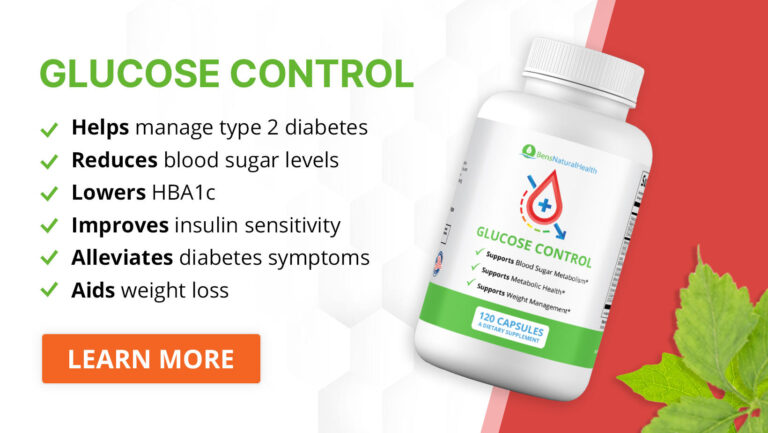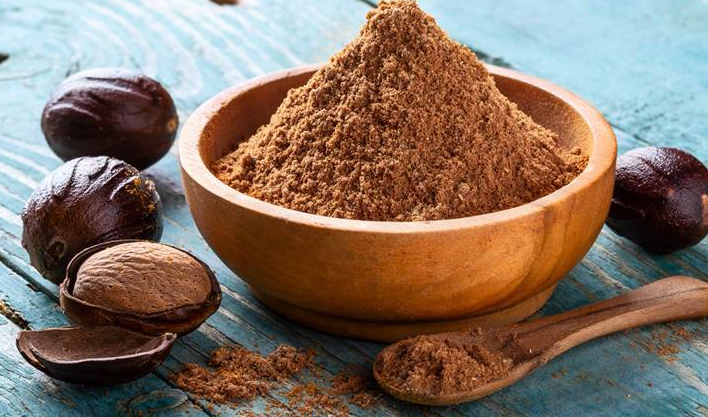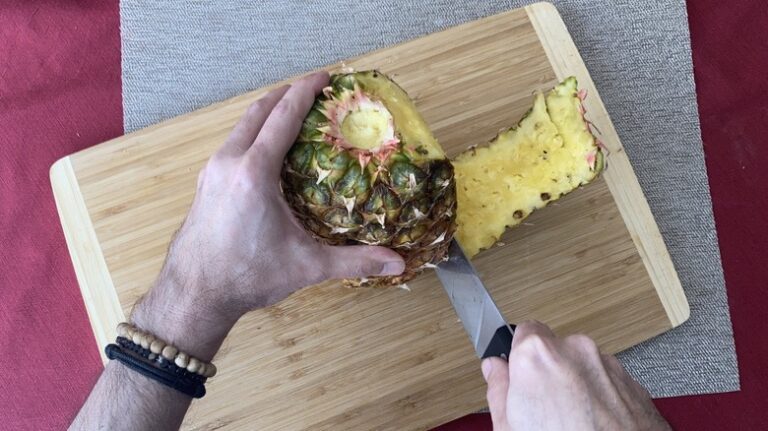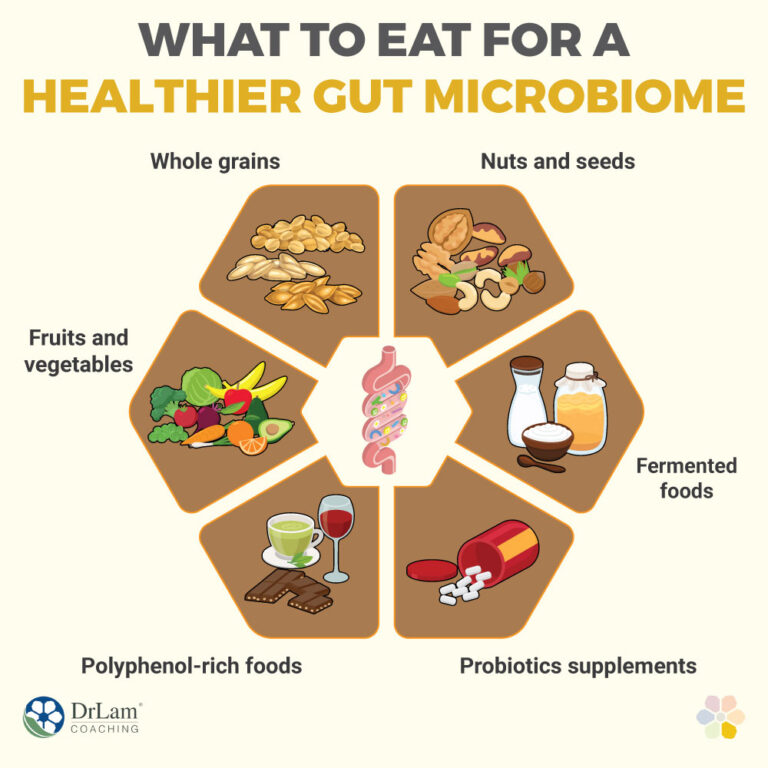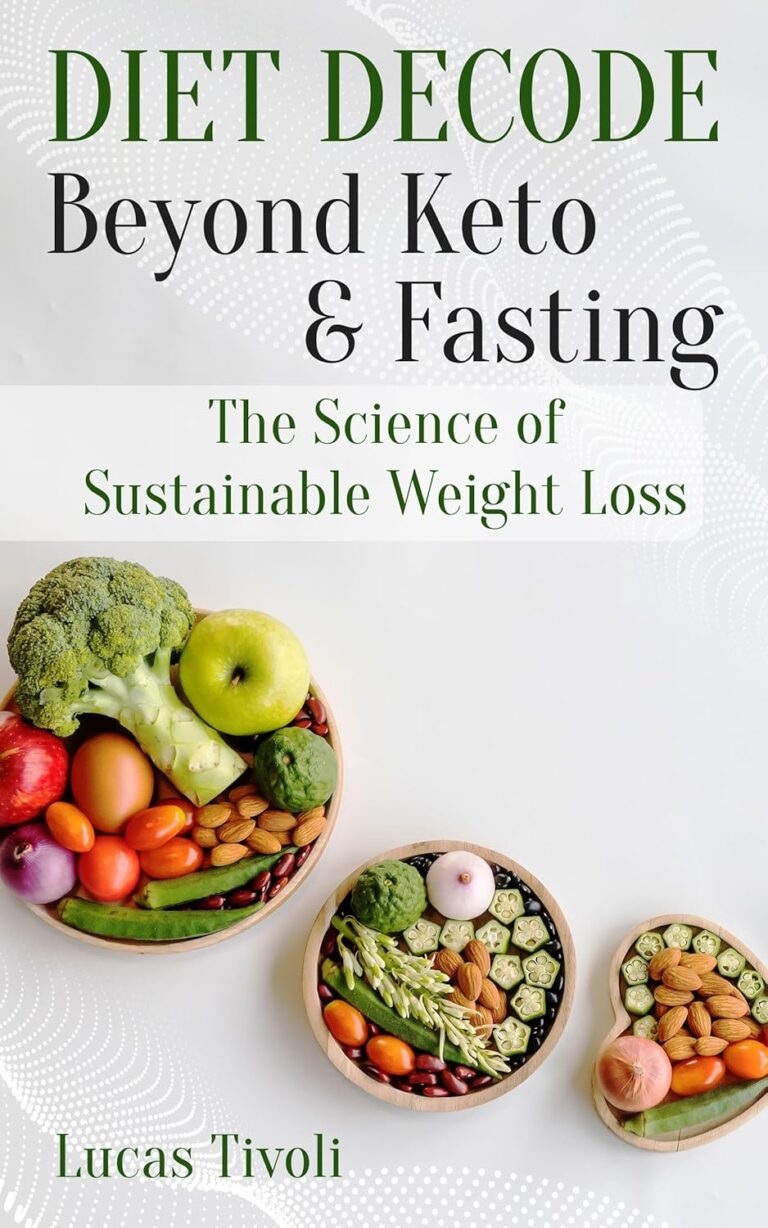Immunity Supercharger: Why Pineapple is Your Best Defense Against Colds
This is the story of pineapple, not just as a tropical delight, but as a formidable "Immunity Supercharger," a sophisticated defense system against the common cold and its unwelcome brethren. For the discerning mind, the knowledgeable seeker of true wellness, this isn’t merely about anecdotal evidence; it’s about delving into the intricate biochemical symphony that makes Ananas comosus a cornerstone of robust immune health.
The Golden Sentinel: A Journey from Ancient Wisdom to Modern Science
Our story begins centuries ago, in the lush rainforests of South America, where indigenous communities revered the pineapple not only for its exquisite sweetness but also for its profound medicinal properties. They recognized its ability to soothe digestion, reduce inflammation, and heal wounds – a testament to an intuitive understanding that predated microscopes and molecular biology. When European explorers first encountered this magnificent fruit, they were captivated, bringing it back across oceans as a symbol of hospitality and rarity.
Fast forward to the 20th century, and science began to peel back the layers of pineapple’s mystique. What was once considered folk medicine started to gain scientific validation. Researchers isolated a complex mixture of enzymes, primarily from the stem, and named it bromelain. This discovery marked a pivotal moment, transforming pineapple from a mere fruit into a subject of serious pharmacological inquiry. But as we shall see, pineapple’s power extends far beyond this single, albeit potent, compound. It is an orchestra of compounds, each playing a crucial role in fortifying our body’s natural defenses.
Bromelain: The Molecular Maestro of Immunity
To understand pineapple’s prowess, we must first introduce its undisputed star player: bromelain. This isn’t a single enzyme, but rather a proteolytic enzyme complex, meaning it breaks down proteins. While often associated with digestion (and indeed, it excels at it), bromelain’s magic truly unfolds in its systemic effects, particularly its profound anti-inflammatory, mucolytic, and immunomodulatory actions.
1. The Anti-Inflammatory Powerhouse:
Inflammation is a double-edged sword. It’s the body’s essential first response to injury or infection, signaling immune cells to the site of trouble. However, chronic or excessive inflammation, especially in the respiratory tract during a cold, can cause significant discomfort – sore throats, congestion, coughs, and headaches.
Bromelain steps in as a sophisticated modulator of inflammatory pathways. It achieves this through several mechanisms:
- Cytokine Modulation: Bromelain influences the production of pro-inflammatory cytokines (like TNF-α, IL-1β, IL-6) and anti-inflammatory cytokines (like IL-10). By shifting this balance, it helps to dampen excessive inflammation without completely shutting down the immune response. Imagine a conductor expertly guiding the volume of an orchestra – preventing a deafening crescendo while maintaining the melody.
- Prostaglandin Synthesis Inhibition: Prostaglandins are lipid compounds that act like hormones, mediating inflammatory responses. Bromelain can inhibit the synthesis of pro-inflammatory prostaglandins, thereby reducing swelling and pain.
- Fibrinolysis: Bromelain possesses fibrinolytic activity, meaning it can break down fibrin, a protein involved in blood clotting and also in the formation of inflammatory exudates that contribute to swelling and pain. By reducing fibrin accumulation, bromelain can help reduce edema and improve circulation to inflamed areas.
For someone battling a cold, this translates directly to relief. A sore, inflamed throat finds solace, nasal passages become less congested, and the general malaise associated with widespread inflammation begins to recede.
2. The Mucolytic and Expectorant Virtues:
One of the most annoying symptoms of a cold is the build-up of thick, stubborn mucus in the respiratory tract. This mucus, while initially protective, can become a breeding ground for pathogens and lead to persistent coughing and congestion.
Bromelain acts as a powerful mucolytic agent. Its proteolytic nature allows it to break down the complex protein structures within mucus, thinning it out and making it easier to expel. It also appears to enhance the activity of cilia, the tiny hair-like structures in the airways responsible for sweeping out mucus and debris. This dual action – thinning mucus and improving its clearance – provides significant relief from coughs and congestion, making breathing easier and reducing the duration of respiratory symptoms. It’s like having a dedicated cleaning crew for your airways.
3. Immunomodulation: Fine-Tuning the Immune Response:
Bromelain’s influence extends beyond mere symptom relief. It actively modulates the immune system itself. Research suggests it can:
- Enhance Natural Killer (NK) Cell Activity: NK cells are critical components of the innate immune system, capable of recognizing and destroying virus-infected cells and tumor cells without prior sensitization. Bromelain has been shown to boost the cytotoxic activity of NK cells, effectively sharpening the body’s first line of defense against viral invaders.
- Modulate T-Cell Activity: T-cells are central to adaptive immunity, responsible for targeted immune responses and immunological memory. Bromelain can influence the proliferation and activation of T-lymphocytes, potentially optimizing the body’s long-term immune response to pathogens.
- Influence Macrophages: Macrophages are immune cells that engulf and digest cellular debris and pathogens. Bromelain can modulate macrophage function, affecting their ability to clear pathogens and present antigens to other immune cells.
This immunomodulatory capacity means bromelain doesn’t just treat symptoms; it helps the body fight the infection more effectively and recover faster. It’s not just calling in reinforcements; it’s making the existing troops stronger and smarter.
Beyond Bromelain: The Ensemble Cast of Immune Boosters
While bromelain is undoubtedly the star, pineapple is a symphony of beneficial compounds, each contributing to its immune-boosting prowess. To truly understand its "supercharger" status, we must appreciate the full ensemble.
1. Vitamin C: The Classic Antioxidant Guardian:
No discussion of immunity and colds would be complete without Vitamin C (ascorbic acid). Pineapple is a significant source of this essential nutrient. While its role in preventing colds is often debated, its impact on duration and severity is more established.
- Antioxidant Power: Vitamin C is a potent antioxidant, neutralizing free radicals that can cause oxidative stress and damage immune cells. During an infection, the body generates more free radicals, and Vitamin C helps to mitigate this cellular damage, allowing immune cells to function optimally.
- Immune Cell Function: It plays a crucial role in the production and function of various immune cells, including lymphocytes and phagocytes. It enhances their ability to engulf and destroy pathogens.
- Collagen Synthesis: Vitamin C is vital for collagen synthesis, essential for maintaining the integrity of skin and mucous membranes, which form physical barriers against pathogens. A robust epithelial barrier is the first line of defense.
2. Manganese: The Unsung Hero of Antioxidant Defense:
Pineapple is an excellent source of manganese, an often-overlooked trace mineral with critical immune functions.
- Superoxide Dismutase (SOD) Cofactor: Manganese is a crucial cofactor for the enzyme Superoxide Dismutase (SOD), one of the body’s primary endogenous antioxidant enzymes. SOD converts harmful superoxide radicals into less damaging molecules, protecting cells from oxidative stress. This is particularly important during infection when immune cells are working overtime and producing more reactive oxygen species.
- Metabolic Support: Manganese also plays a role in energy metabolism, bone development, and wound healing, all of which indirectly contribute to overall resilience and the body’s ability to recover from illness.
3. Dietary Fiber: The Gut-Immune Axis Architect:
Often associated solely with digestion, the dietary fiber in pineapple (both soluble and insoluble) is a silent, yet powerful, immune ally.
- Gut Microbiome Nourishment: The gut is often called the "second brain" and, crucially, the "headquarters of the immune system." A staggering 70-80% of our immune cells reside in the gut-associated lymphoid tissue (GALT). Dietary fiber acts as a prebiotic, feeding the beneficial bacteria in our gut microbiome.
- Short-Chain Fatty Acid (SCFA) Production: As gut bacteria ferment fiber, they produce short-chain fatty acids (SCFAs) like butyrate, acetate, and propionate. These SCFAs are not just energy sources for colon cells; they have profound systemic effects, including modulating immune cell development and function, reducing inflammation, and strengthening the gut barrier. A healthy gut barrier prevents pathogens and toxins from entering the bloodstream, reducing systemic inflammation and immune burden.
- Immune Training: A diverse and healthy gut microbiome "trains" the immune system, teaching it to distinguish between harmful pathogens and harmless commensals, thus preventing overreactions and autoimmune responses.
By nurturing a thriving gut microbiome, pineapple’s fiber content indirectly but powerfully bolsters our overall immune resilience, making us less susceptible to colds and other infections.
4. Other Antioxidants and Phytonutrients:
Pineapple also contains a spectrum of other antioxidants and phytonutrients, including various flavonoids and phenolic compounds. These compounds work synergistically with Vitamin C and manganese to provide comprehensive cellular protection against oxidative damage, further supporting immune cell integrity and function.
5. Hydration:
While seemingly simple, the high water content of pineapple contributes to overall hydration, which is critical for maintaining healthy mucous membranes, facilitating nutrient transport, and supporting all metabolic and immune processes. Dehydration can impair immune function and worsen cold symptoms.
The Holistic Defense Strategy: How Pineapple Fights Colds
When we view pineapple through the lens of its complete nutritional profile and biochemical actions, its role as an "Immunity Supercharger" becomes clear. It doesn’t offer a single magic bullet; it provides a comprehensive, multi-pronged defense strategy.
1. The Pre-emptive Strike: Fortifying Your Defenses:
Consistent consumption of pineapple, especially during cold and flu season, helps to build a robust immune foundation. The combination of Vitamin C, manganese, and other antioxidants shores up cellular defenses, protecting immune cells from damage. The fiber-fed gut microbiome creates an environment where immune cells are well-trained and responsive. Bromelain’s immunomodulatory effects keep the immune system primed and ready without being overactive. This proactive approach aims to prevent infection or, at the very least, reduce the likelihood of severe symptoms.
2. During the Battle: Alleviating Symptoms and Hastening Recovery:
When a cold does strike, pineapple becomes an active combatant against symptoms.
- Sore Throat Soother: Bromelain’s anti-inflammatory properties directly reduce throat pain and swelling. Its proteolytic action can also help break down the protein matrix that makes mucus thick and irritating.
- Cough and Congestion Relief: The mucolytic and expectorant actions of bromelain thin mucus and promote its expulsion, clearing airways and easing persistent coughs. This is why pineapple juice is sometimes touted as a natural cough remedy, often outperforming commercial cough syrups in some studies due to bromelain’s efficacy.
- Systemic Relief: The general anti-inflammatory effects help reduce systemic malaise, headaches, and muscle aches often associated with viral infections.
3. Post-Battle Recovery: Supporting Tissue Repair and Resilience:
Even after the acute symptoms subside, the body needs to repair and rebuild. Vitamin C’s role in collagen synthesis aids in the repair of damaged tissues, particularly in the respiratory tract. The continued nourishment of the gut microbiome ensures that immune function remains strong, reducing the risk of secondary infections and promoting overall recovery. Bromelain’s ability to reduce lingering inflammation further contributes to a smoother, faster return to full health.
Integrating Pineapple into Your Immune Arsenal: Practical Wisdom
To harness the full power of pineapple, conscious integration into your diet is key.
- Fresh is Best: The enzymes in bromelain are heat-sensitive. Canned pineapple, which undergoes pasteurization, will have significantly reduced bromelain activity. Opt for fresh, ripe pineapple whenever possible.
- Whole Fruit vs. Juice: While pineapple juice offers some benefits, consuming the whole fruit provides the crucial dietary fiber, which is largely absent in juice. The fibrous core of the pineapple is also particularly rich in bromelain, so don’t discard it if you can tolerate its tougher texture (blending it into smoothies is a great way to consume it).
- Creative Consumption: Don’t limit yourself to eating chunks. Add fresh pineapple to smoothies, salsas, stir-fries, and even grilled dishes (though grilling will reduce bromelain activity, other nutrients remain). A morning smoothie with fresh pineapple, ginger, and spinach is an immune powerhouse.
- Consistency is Key: Like any nutritional strategy, the benefits of pineapple are cumulative. Regular consumption, especially during periods of increased risk, is more effective than sporadic intake.
Nuances, Considerations, and the Scientific Frontier
For the knowledgeable audience, it’s important to address nuances and practical considerations:
- Bromelain Dosage: The amount of bromelain in fresh pineapple can vary, and it’s generally lower than the concentrated doses found in bromelain supplements. While eating fresh pineapple provides a fantastic whole-food source, those seeking therapeutic levels for specific conditions (e.g., severe inflammation, post-surgical recovery) might consider standardized supplements under professional guidance. However, for general immune support and cold symptom relief, the amount in fresh fruit is often sufficient and synergizes with other nutrients.
- Potential Interactions: Bromelain can have mild anticoagulant (blood-thinning) effects. Individuals on blood-thinning medications (e.g., Warfarin, Aspirin) should exercise caution and consult their doctor if consuming large quantities of pineapple or bromelain supplements. It can also enhance the absorption of certain drugs, so discuss with a healthcare provider if you have concerns.
- Allergies: While rare, some individuals may be allergic to pineapple, experiencing symptoms like itching, swelling, or digestive upset.
- Acidity: The natural acidity of pineapple can sometimes irritate sensitive mouths or exacerbate acid reflux in some individuals.
- The Power of Synergy: It’s crucial to remember that pineapple’s benefits stem from the synergy of its components, not just one isolated nutrient. The bioavailability and efficacy of compounds like bromelain are often enhanced when consumed within their natural food matrix, alongside other phytonutrients.
The scientific exploration of pineapple continues, with ongoing research delving deeper into bromelain’s anti-cancer properties, its role in cardiovascular health, and its potential as an adjunct therapy for various inflammatory conditions. This underscores the ancient wisdom that recognized its broad healing capabilities.
Conclusion: Embrace the Golden Shield
The common cold is a tenacious adversary, but our body’s natural defenses are incredibly sophisticated. In the quest for optimal immunity, we often seek complex solutions, overlooking the simple yet profound power of nature’s bounty. Pineapple stands as a vibrant testament to this truth.
More than just a sweet treat, Ananas comosus is an Immunity Supercharger, a tropical sentinel armed with a complex array of compounds, chief among them the molecular maestro, bromelain. From its potent anti-inflammatory and mucolytic actions to its nuanced immunomodulatory effects, pineapple actively supports our body’s battle against cold viruses and other pathogens. Coupled with its rich supply of Vitamin C, manganese, dietary fiber, and a host of antioxidants, it orchestrates a holistic defense that strengthens our gut, protects our cells, and fine-tunes our immune response.
So, the next time the seasons shift, and the whispers of cold symptoms begin, consider reaching not for a quick fix, but for the golden shield of pineapple. Embrace its vibrant taste, savor its complex benefits, and allow this ancient fruit to fortify your defenses. Let its story inspire you to connect with the profound, natural wisdom that empowers your body to be its own best defense. In a world constantly seeking the next immune breakthrough, perhaps the best defense has been growing, crowned and golden, all along.
